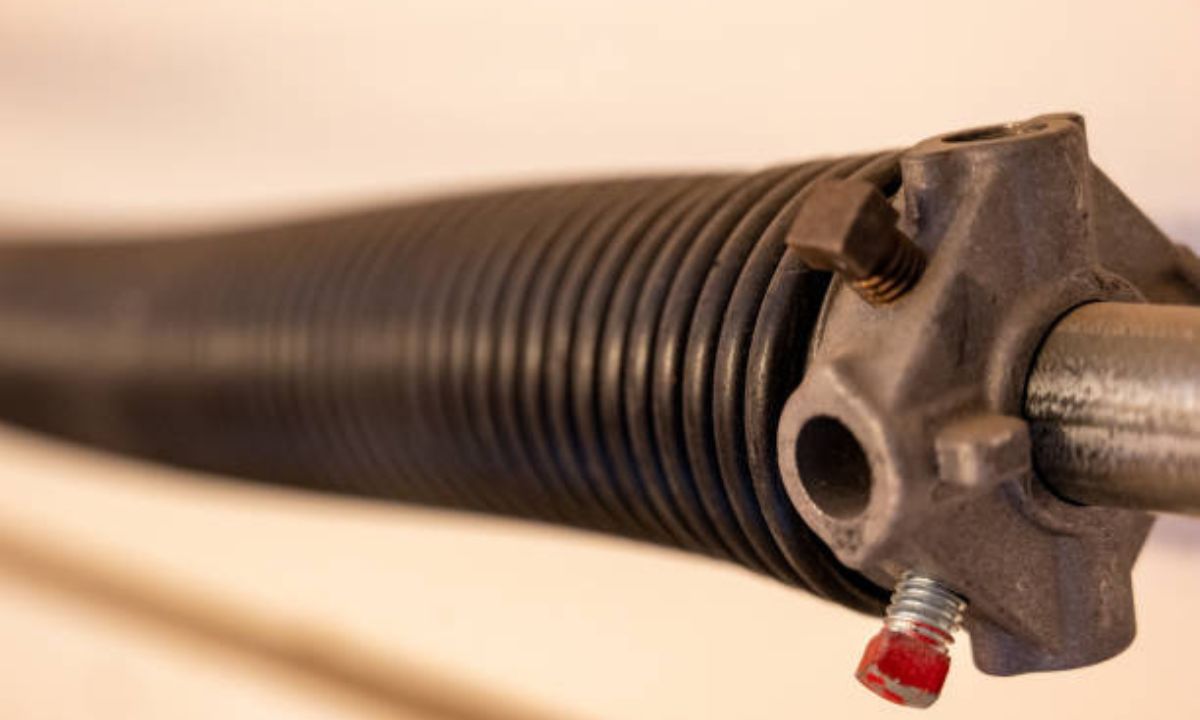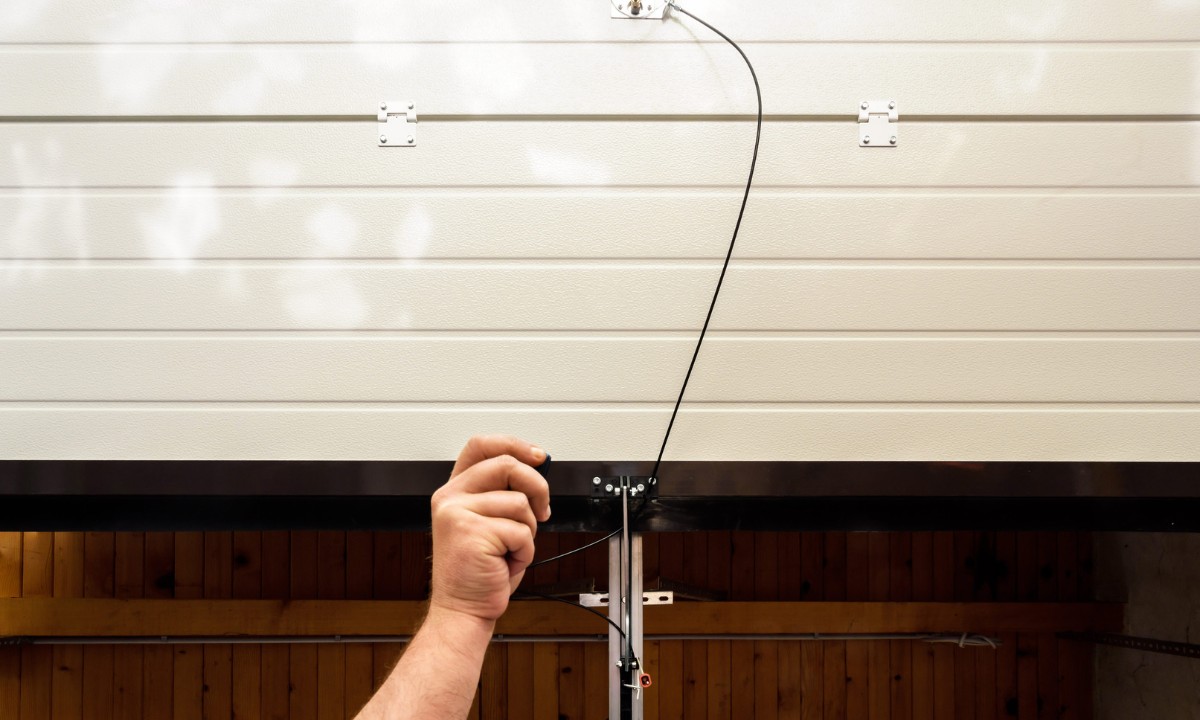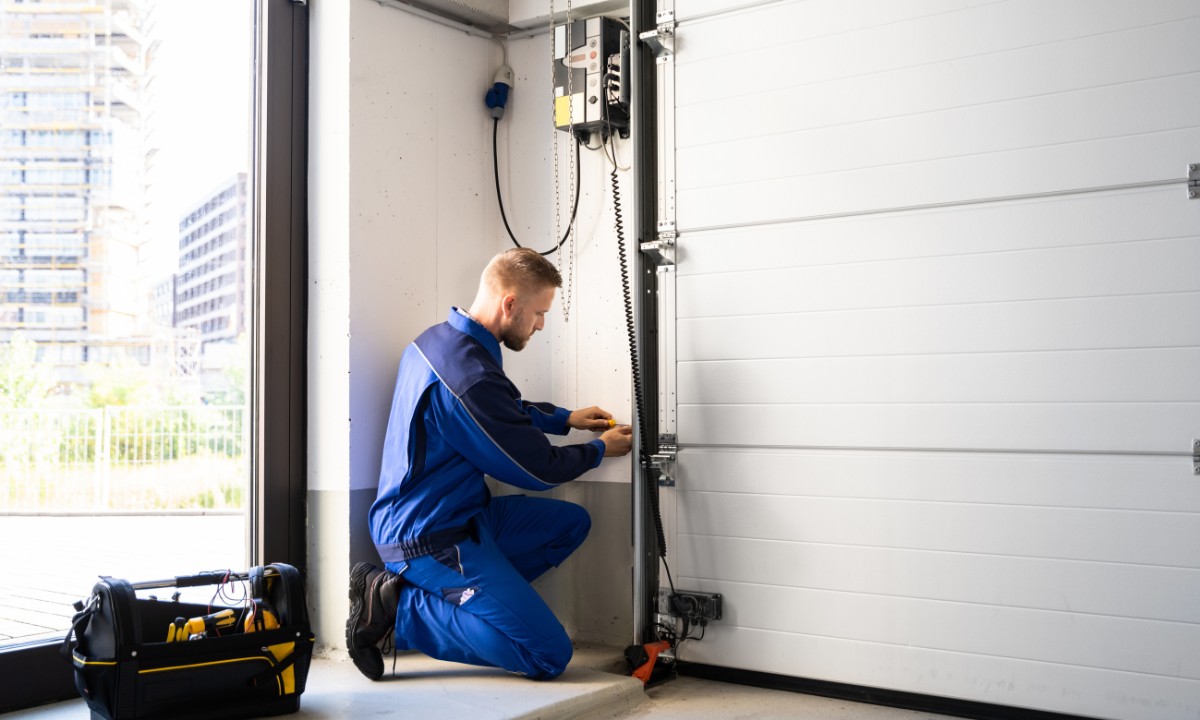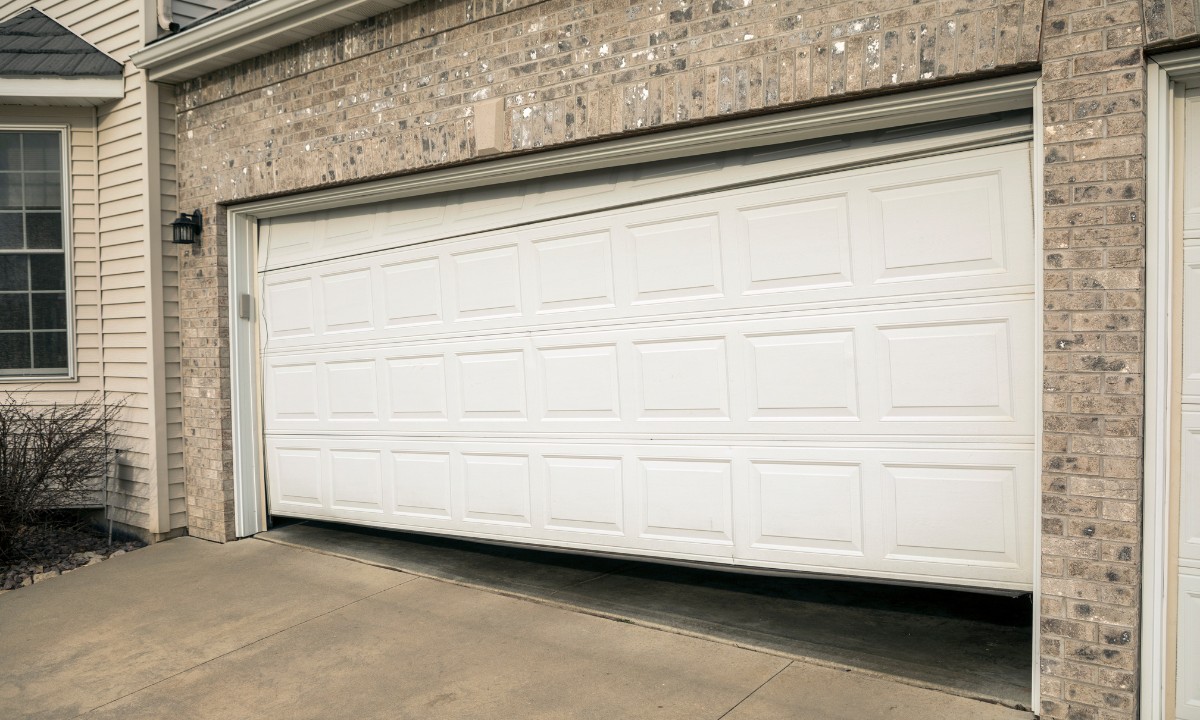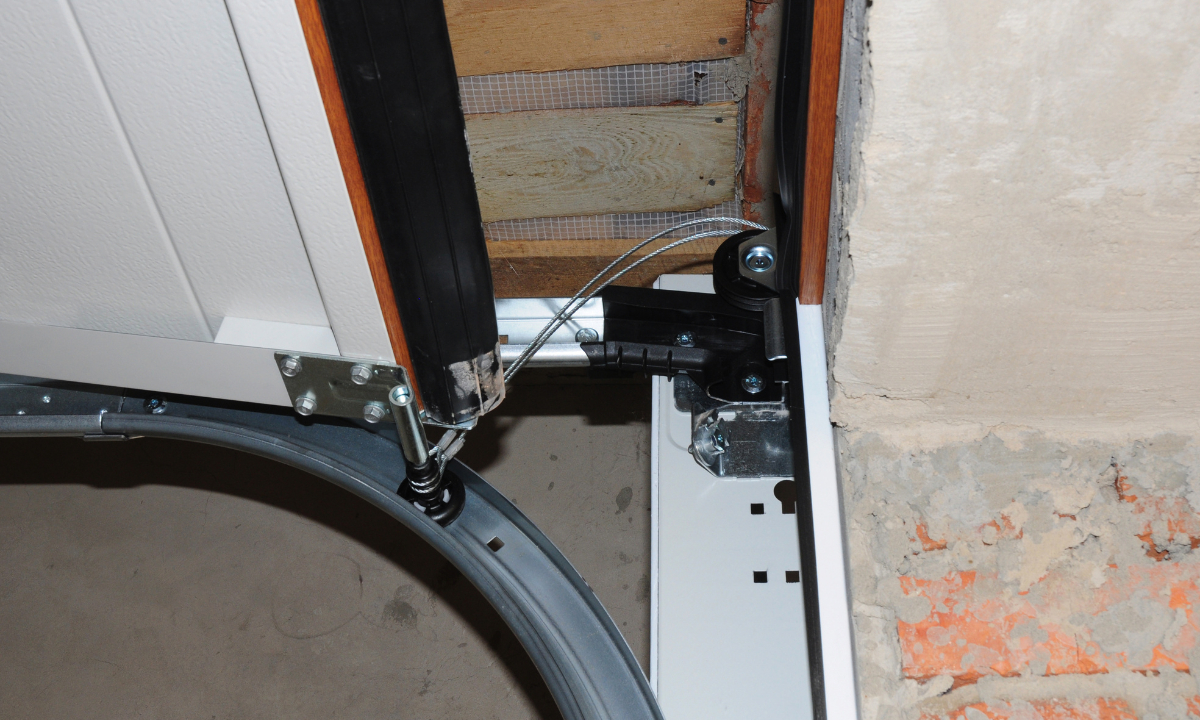The Most Typical Evergreen,
Colorado Garage Door Spring Issues
Introduction
The proper operation of your garage
door is dependent on the garage door springs. The weather and regular garage
door use in Evergreen, Colorado, can produce common spring problems that, if
ignored, could result in malfunctions. You can take care of the most common
garage door spring issues before they become expensive repairs by being aware
of them.
Contact Information
Call David Garage Door Spring Repair
at 720-637-1160 for professional garage door spring repair in Evergreen.
Types of Spring Repair
There are two main types of garage
door springs, and each has a common set of issues of its own.
Heavy-duty springs called torsion
springs are positioned above the garage door. They are prone to breaking after
extended use since they are always under tension.
Extension Springs
These springs, which are on either
side of the garage door, expand and contract in response to movements of the
door. Over time, they may get weaker, particularly if they are used frequently
or exposed to high temperatures.
An Overview of Common Problems
Broken Springs
A broken spring is among the most
typical issues. Torsion springs have a limited lifespan (one cycle is
equivalent to opening and closing the door), and with wear and strain over
time, they may fail. When this occurs, the garage door can stop opening
properly and make a loud snapping sound.
Tension Loss
Both torsion and extension springs
may have tension loss with time, which will make it more difficult for the
garage door opener to raise the door. When a door is physically opened, this
may cause uneven movement or make the door feel heavier than usual.
Because they are composed of metal,
springs are prone to rust and corrosion, particularly in places like Evergreen
where moisture might accumulate over the winter. The springs become weaker and
more prone to breaking due to rust.
Spring misalignment
When springs are misaligned, doors
may move erratically or become stuck. A common cause of misalignment is
incorrect installation or wear over time.
Noisy Operation
When the door is in operation, loud
creaking or squeaking noises may be caused by worn-out or inadequately greased
springs. This frequently indicates that the springs require maintenance or
replacement.
Detailed Descriptions of the
Problems
Broken Springs
The garage door will probably not
work if a torsion or extension spring breaks. The door may occasionally crash
shut, which could be harmful. It's imperative to wait to use the garage door
until the problem is resolved if you think the spring may be broken.
Loss of Tension
When you attempt to manually open
the garage door, it will seem heavier due to disengaged springs. If left
unattended, this increases the load on the garage door opener and may result in
more technical problems.
Corrosion and Rust
Rust damages garage door springs'
structural integrity and increases the likelihood of them cracking. Frequent
upkeep, such as lubrication, can assist keep rust from accumulating and increase
the springs' lifespan.
Misalignment
When springs are misaligned, the
garage door may open unevenly or become jammed in its tracks. If this problem
is not fixed, the door's panels and tracks may sustain additional damage.
Noisy Springs
If your garage door creates a lot of
noise when it operates, it may be the result of lubricant shortage or worn-out
springs. Noisy springs may also be a sign that they are getting close to the
end of their useful life and will soon need to be replaced.
Spring Replacements
Changing your garage door's springs
is frequently the best way to guarantee that it operates safely and correctly
if any of these problems occur. In addition to enhancing door performance,
replacing worn or broken springs stops additional damage to other parts of the
door.
Remedies for Typical Problems
Replacement of Broken Springs
It's imperative to replace a broken
spring with a superior torsion or extension spring. To guarantee equal tension
and operation, it is also advised to replace both springs at the same time.
Restoring Tension
It could be necessary to replace or
modify springs that have lost tension. An expert technician can evaluate the
springs' state and suggest the best course of action.
Rust Prevention
The accumulation of rust on the
springs can be avoided with routine lubrication and maintenance. The best
course of action to guarantee safe functioning is to replace the springs if
rust has already damaged them.
Realignment
To ensure smooth operation again,
misaligned springs can be adjusted by a professional. The springs might need to
be replaced if they are excessively worn out or broken.
Changing Noisy Springs
Although lubricating noisy springs
might lessen friction, replacement may be required if the noise continues to
occur in order to stop more wear.

